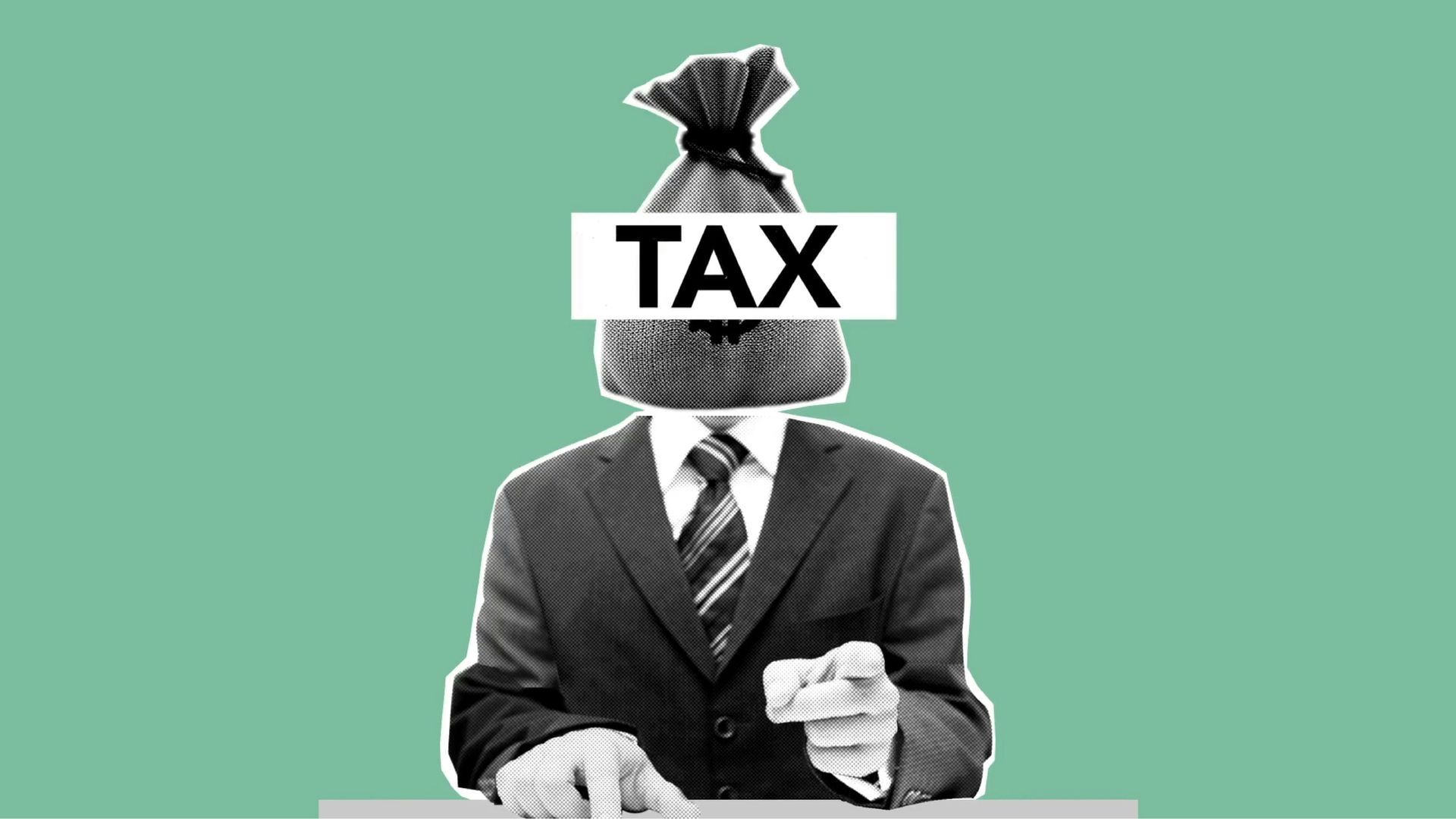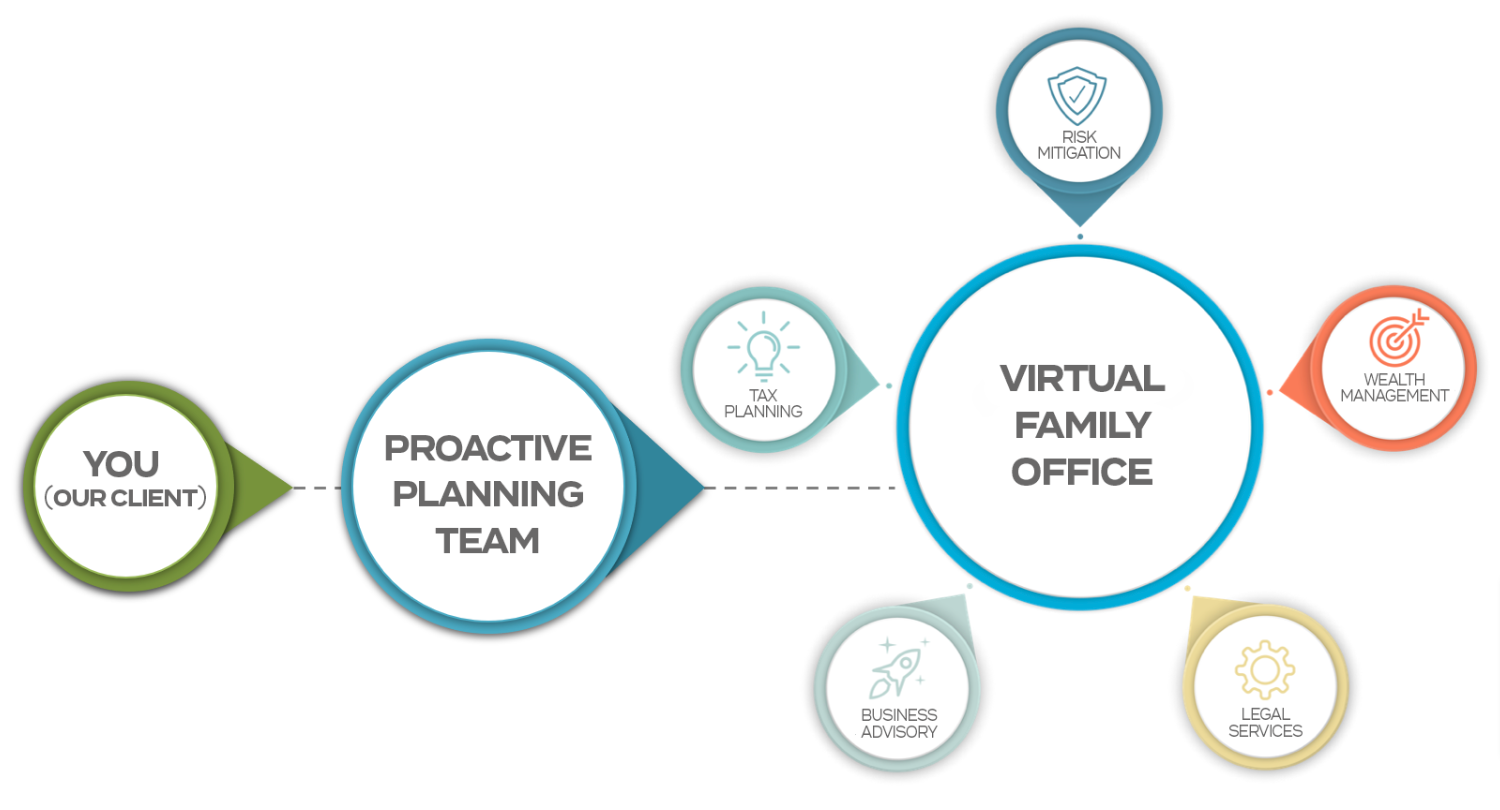Bitcoin Mania & How The IRS Taxes Bitcoin
Bitcoin mania is upon us. It has been widely publicized that the cryptocurrency, Bitcoin, has reached record highs in value over the past month. Investors are making nice profits with Bitcoin, and the IRS is trying to find a way to get their share of tax on those profits.
So, what is Bitcoin?
Per Wikipedia:
Bitcoin is a cryptocurrency and worldwide payment system. It is the first decentralized digital currency – the system works without a central repository or single administrator. The network is peer-to-peer and transactions take place between users directly through the use of cryptography , without an intermediary. These transactions are verified by network nodes and recorded in a public distributed ledger called a blockchain . Bitcoin was invented by an unknown person or group of people under the name Satoshi Nakamoto and released as open-source software in 2009.
Bitcoins are created as a reward for a process known as mining . They can be exchanged for other currencies, products, and services. As of February 2015, over 100,000 merchants and vendors accepted bitcoin as payment.Research produced by Cambridge University estimates that in 2017, there are 2.9 to 5.8 million unique users using a cryptocurrency wallet, most of them using bitcoin.
The IRS Wants Their Cut
There is not a middle man, which would usually be a bank, when Bitcoin is bought or sold. Therefore, there is not a third party administrator to report these transactions to the IRS. The IRS has realized that there are billions of dollars being made, and they want their tax! In November 2016, they put in a request to the court system to obtain the data of users that have transferred Bitcoin. Their reasoning is this, “There has been an explosion of billions of dollars of wealth in just a few years from bitcoin, a significant amount of which has no doubt accrued to United States taxpayers, with virtually no third-party reporting to the IRS of that increase in income.”
On Wednesday, the Court awarded the IRS a small victory in the case. Although the IRS did not get everything they asked for, they were awarded the following information from the largest Bitcoin platform, coinbase.com.
The Court has ordered Coinbase to produce the following customer information:
- taxpayer ID number,
- name,
- birth date,
- address,
- records of account activity including transaction logs or other records identifying the date, amount, and type of transaction (purchase/sale/exchange), the post transaction balance, and the names of counterparties to the transaction, and
- all periodic statements of account or invoices (or the equivalent).
However, that information is limited to those accounts with at least $20,000 in any one transaction type (buy, sell, send, or receive) in any one year from 2013 to 2015.
These are the only records that Coinbase needs to provide at this time.
This determination likely means that many account holders are breathing a sigh of relief…for now. But as virtually currency growsin popularity, with Bitcoin blowing past $11,000 this week, I can guarantee that IRS won’t stop with this request. Those who are buying Bitcoin are currently making money – and the IRS wants a cut.
How Is Bitcoin Taxed?
The IRS has determined that US taxpayers should treat digital currency as capital assets, as long as they are convertible into cash. Capital assets are taxed in two different ways, long term and short term. Long term sales, which means that the taxpayer held the currency for at least 1 year before the sale, is taxed at long-term capital gains tax which is 0-20% depending on your tax bracket. However, if you decide to sell your cryptocurrency in less than one year, it will be taxed at your normal federal tax rate.
There is a large problem that exists in determining the sale of Bitcoin. As mentioned earlier, the currency can be used to pay for services. You can buy online services, retail services, and even food. Vendors have begun to accept Bitcoin as a form of payment, similar to credit cards or PayPal. The IRS’ position on this matter is that any time a purchase is made, that is considered a sale of Bitcoin. If there was any profit on the Bitcoin from the original date of purchase, that would be considered a gain.
Are taxpayers required to report income from Bitcoin? The answer is yes. Bitcoin is the same as trading stocks. Any profit that you make is income, and that income should be taxed. However, as previously mentioned, there is no third party to report this income to the IRS. For instance, when you sell stocks, your stock broker will report that trade on tax form 1099-B to the IRS. The reality is, very few Bitcoin transactions are being reported to the IRS. 2013: 807/150M tax returns reported Bitcoin transactions, 2014: 893/151M tax returns reported Bitcoin transactions, 2015: 802/153M tax returns reported Bitcoin transactions.
The bottom line is, the government is seeking better compliance with the buying and selling of cryptocurrency. The battle between the IRS and Coinbase will continue. If the IRS gets a hold of records that show you sold Bitcoin, and you did not report it as income on your tax return, expect a love letter from them in the future. Please note that the most recent Court resolution only releases data from 2013-2015 for transactions in excess of $20,000.
Should You Invest In Bitcoin?
The answer is different for everybody. You need to ask yourself, what kind of investor am I? If you consider yourself an aggressive investor, you might want to research Bitcoin. If you are conservative with your investing, it is probably best that you stay away. Bitcoin is very volatile. This means that the potential for a big profit is there, but you also have to be okay with losing all of your investment. Do your research first.
If you did not think that you needed to report Bitcoin sales in the past, you will want to consider going back and amending (changing) your tax return for the year of sale to report the transaction. If the IRS receives information that shows you made a sale, and did not report it, they will assess you the tax due plus interest and penalties. Please email me with any questions regarding Bitcoin.
Nicholas Hammernik, EA
nhammernik@hammernikassoc.com
Hammernik & Associates is located in West Allis, WI and helps taxpayers in the Milwaukee area with tax planning and tax preparation.
The post Bitcoin Mania & How The IRS Taxes Bitcoin appeared first on Talking Tax to Milwaukee.
See More Blog Posts










